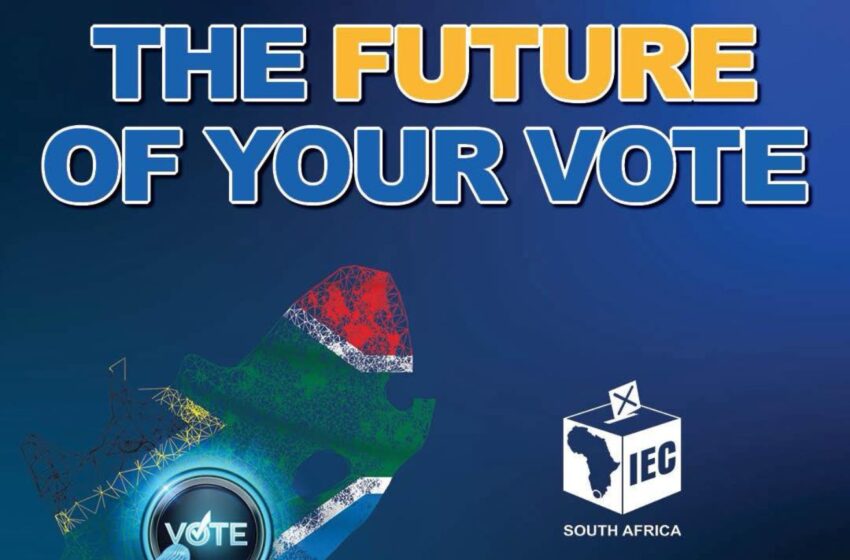IEC rejects Islamic State party over Sharia law, procedural flaws

The Independent Electoral Commission (IEC) has dismissed an application by the Islamic State of Africa (ISA) to register as a political party in South Africa, citing multiple procedural and constitutional concerns. The controversial attempt has sparked widespread public debate, highlighting the tension between freedom of political association and the foundational values of South Africa’s constitutional democracy.
IEC Cites Procedural and Constitutional Violations
According to the IEC, the Islamic State of Africa’s application was denied on three main grounds:
- Failure to Meet Signature Threshold: ISA did not secure the required 300 verified signatures from registered voters — a non-negotiable prerequisite for any new political party to gain registration. Each signature must be accompanied by full names and ID numbers; a standard ISA did not meet.
- Insufficient Public Notification: The party only published its notice of application in a local newspaper with limited circulation in parts of the eThekwini Metropolitan Municipality. The IEC argued this did not constitute adequate public awareness for residents in the broader geographic area where the party sought to register.
- Public Objections to Sharia-Based Policies: Perhaps the most controversial issue stemmed from the party’s constitution, which explicitly supports the implementation of policies based on Sharia law. Over 200 individuals and organisations lodged formal objections, arguing that the ISA’s platform runs counter to South Africa’s secular and inclusive constitutional framework. Objectors claimed that recognising such a party would “cause serious offence to a section of the population” and undermine national unity.
A Nation Reacts
The decision has ignited mixed reactions on social media, where users voiced a range of opinions, from outright condemnation to scepticism about the IEC’s consistency.
“They just need to change their name to ‘Mayibuye iAfrika’ and have a black leader like others are doing,” one user commented sarcastically.
“Wait until they take this to court. That’s when you’ll see who really runs the show,” warned another.
Others pointed out that the system could be vulnerable if such gaps in legal or procedural standards continue to exist.
“People will always take advantage of weaknesses in the law. Every country needs firm rules to protect its sovereignty,” one commenter said.
Political Tensions Escalate
The ISA controversy comes amid an already tense political environment. The IEC is currently embroiled in legal disputes with the MK Party, led by former president Jacob Zuma. The party alleges voter fraud during the 2024 general elections and has taken the Commission to court multiple times. While the IEC has received its fourth consecutive clean audit, many South Africans remain sceptical about its impartiality and effectiveness.
An IEC official even appeared in court earlier this year for allegedly tampering with ballots in Pietermaritzburg — an incident that has only added fuel to the fire.
What’s Next for ISA?
Although the IEC has rejected the Islamic State of Africa’s registration attempt, the party has been granted 30 days to appeal the decision. Should it do so, the appeal process could potentially open another chapter in this unfolding saga.
For now, the IEC’s stance sends a strong signal: South Africa remains committed to its secular democratic foundations, and political participation must align with the Constitution’s core values.

